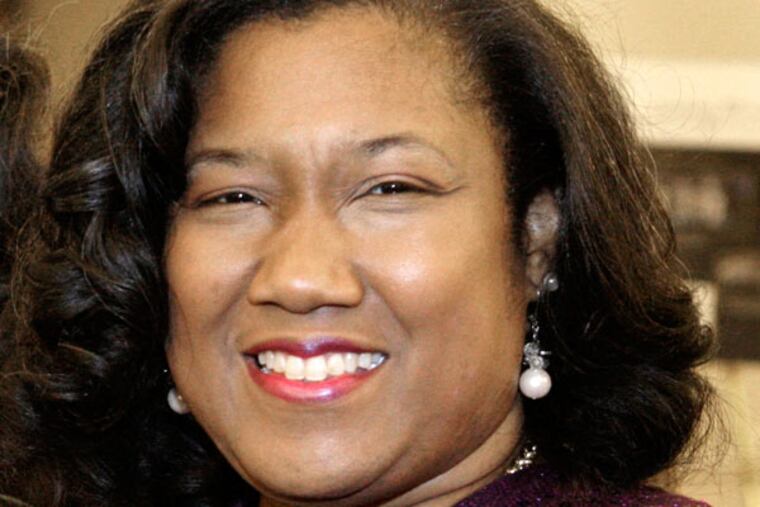Progress on government integrity: We’re getting there, but still a ways to go | Opinion
We must recognize the distance we’ve traveled, even as we keep our eyes on the horizon of our destination: government citizens can trust, and higher expectations for our public officials that would bring public condemnation for those who cross the line.

Hundreds of government ethics professionals from around the country gathered this week in Philadelphia for a conference hosted by the Council on Government Ethics Laws.
And yes, we can host such an event with a straight face.
An overlooked story in a city cursed over a hundred years ago as “corrupt and contented” by the journalist Lincoln Steffens is that our local public integrity laws and enforcement have in the last few years become a model for many cities.
The massive pay-to-play scandals of the Street administration in the early 2000s led to federal prosecutors' securing 27 convictions and guilty pleas, including the former city treasurer. The fallout produced national headlines, but also a unique opportunity to push through ethics, campaign finance, and city contracting laws previously inconceivable in Philly.
Campaign contribution limits and a new, independent Ethics Board with real enforcement power were created, notably with support from then-Council members Michael Nutter and Jim Kenney. Firms were barred from seeking lucrative city contracts if they donated too much directly to candidates. And as Nutter took office as mayor, he installed a chief integrity officer to bolster ethics training for city personnel. Mayor Kenney retained this position and its office location — directly adjacent to the mayor’s.
These improvements were significant, and we’ve seen results. While the last few years have still produced a parade of rogue officials convicted on corruption charges, they’ve been mostly independently elected officials (District Attorney Seth Williams) or those who have represented Philadelphia in the state (Rep. Vanessa Lowery Brown) or federal governments (Rep. Chaka Fattah), where rules and oversight are weaker or not affected by the city’s tougher ethics laws.
In the wake of Citizens United and a surge of outside campaign spending, City Council and the Board of Ethics continued to sharpen the safeguards, most notably around the coordination between campaigns and super PACs. Even the Brennan Center for Justice in New York stated: “States and municipalities should look to Philadelphia as an example of strong, effective campaign finance regulation.”
But pushing back on public corruption is never a once-and-done — it takes eternal vigilance and a continuous commitment to change political culture. After all, campaign money is like water running downhill — whatever obstacles in its path, it finds a way to the bottom.
One concerning development relates to Council’s tradition of deferring to district members on land use ordinances — the “councilmanic prerogative.” Developers, who are often major campaign contributors, can take advantage of a cozy relationship with a district council member to subvert the open, public processes in place to manage development decisions.
And trouble lurks in the few remaining city agencies where patronage jobs still exist. The Inquirer found that Sheriff’s Office employees had donated $36,000 to their elected boss. Coincidentally, it seems, these staffers also garnered the most overtime. Another elected row officer, a city commissioner in charge of running elections in Philadelphia, has been AWOL for six years and counting. Despite that, he’s due to collect a $500,000 DROP pension bonus next year.
Even the Nutter administration that we laud for its support of tougher ethics laws failed to keep a flawless record, with reports of fraud and abuse in the mayor’s special project fund and a former high-ranking official going under indictment.
So it’s important to recognize the distance we’ve traveled, even as we keep our eyes on the horizon of our destination: government citizens can trust, and higher expectations for our public officials that would bring public condemnation for those who cross the line.
David Thornburgh is president and CEO of the Committee of Seventy.